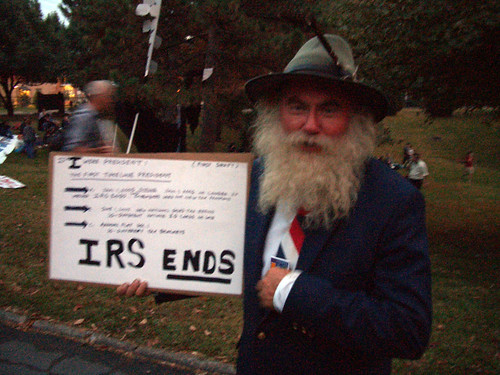
Si tiene ganancias a través de la venta de su residencia principal, puede tener derecho a excluir de sus ingresos todas sus ganancias o parte de ellas. La Publicación 523, Selling Your Home (Venta de su Residencia), en inglés, ofrece información sobre ciertas reglas y las hojas de cálculos pertinentes.
Si vendió su residencia bajo un contrato que estipulaba que parte o la totalidad del precio de venta debía pagarse durante un año posterior, usted realizó una "venta a plazos". Consulte el Tema 705, Venta a Plazos, para más información.
Para poder reunir las condiciones para la exclusión, debe satisfacer ciertos requisitos que se tratan en la Publicación 523. Por lo general, puede reunir dichas condiciones si ha sido dueño de su propiedad y la ha utilizado como hogar principal de residencia durante un total de por lo menos 2 años dentro del período de los 5 años anterior a su venta.
Debe declarar la venta de su residencia principal únicamente si ha obtenido ganancias que no se hayan excluido de sus ingresos. Si obtuvo ganancias que no se hayan excluido, debe declararlas en el Anexo D del Formulario 1040, Capital Gains and Losses (Ganancias de Capital y Pérdidas), en inglés.
Si estuvo en las fuerzas armadas, en el servicio diplomático y consular o en la comunidad de inteligencia de los Estados Unidos en cumplimiento prolongado de sus deberes oficiales calificados, puede suspender hasta por 10 años el período de requisito de 5 años. Una persona se encuentra en cumplimiento prolongado de sus deberes oficiales calificados cuando, durante más de 90 días o durante un período indefinido dicha persona se encuentra:
- En un lugar de destino oficial ubicado por lo menos a 50 millas de distancia de su residencia principal o
- En un lugar de residencia bajo órdenes del gobierno y con alojamiento provisto por el gobierno.
Continue ->
Stephen Martinez

IRS May Have Goofed on 385,000 Stimulus Payments
Washington, D.C. (June 23, 2008)
Treasury Inspector General for Tax Administration J. Russell George said in testimony before the House Ways and Means Oversight Subcommittee that as of June 13, the IRS had issued approximately 76.5 million stimulus payments totaling approximately $63.9 billion. His office has determined that the IRS correctly calculated the stimulus payment for 99.6 percent of the returns.
However, TIGTA identified approximately 385,000 stimulus payments in which its calculation did not agree with the IRS's. The differences in some cases resulted from programming that did not include all qualified self-employment income and losses in the determination of eligibility. As of May 30, 2008, TIGTA had identified approximately 25,000 returns for which the stimulus payment was not allowed.
"In these cases, TIGTA believes that taxpayers were entitled to an additional $16.5 million," said George. "These errors affected clergy and other individuals whose income is not subject to the self-employment tax."
Many taxpayers did not receive the child portion of the stimulus payment because they did not check the Child Tax Credit qualifying box on the tax return. When TIGTA raised this concern, the IRS initially responded that it could not allow the child portion of the stimulus payment in these instances because eligibility for the Child Tax Credit could not be determined from the information on the tax return.
The IRS subsequently announced that it would issue the additional child portion of the stimulus payment to approximately 350,000 households in July. TIGTA is in the process of quantifying the number of individuals that might be affectedContinue ->
Stephen Martinez


















